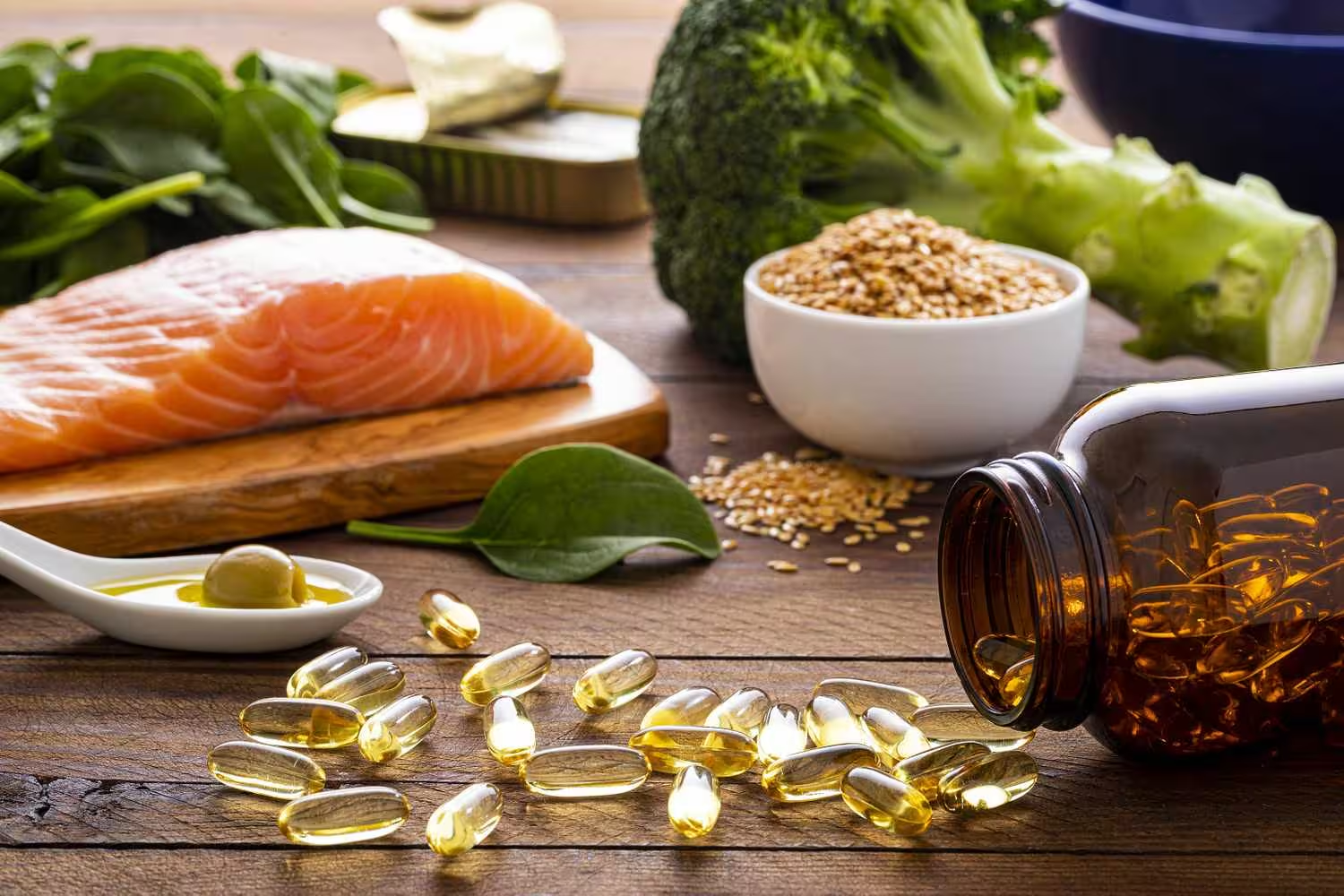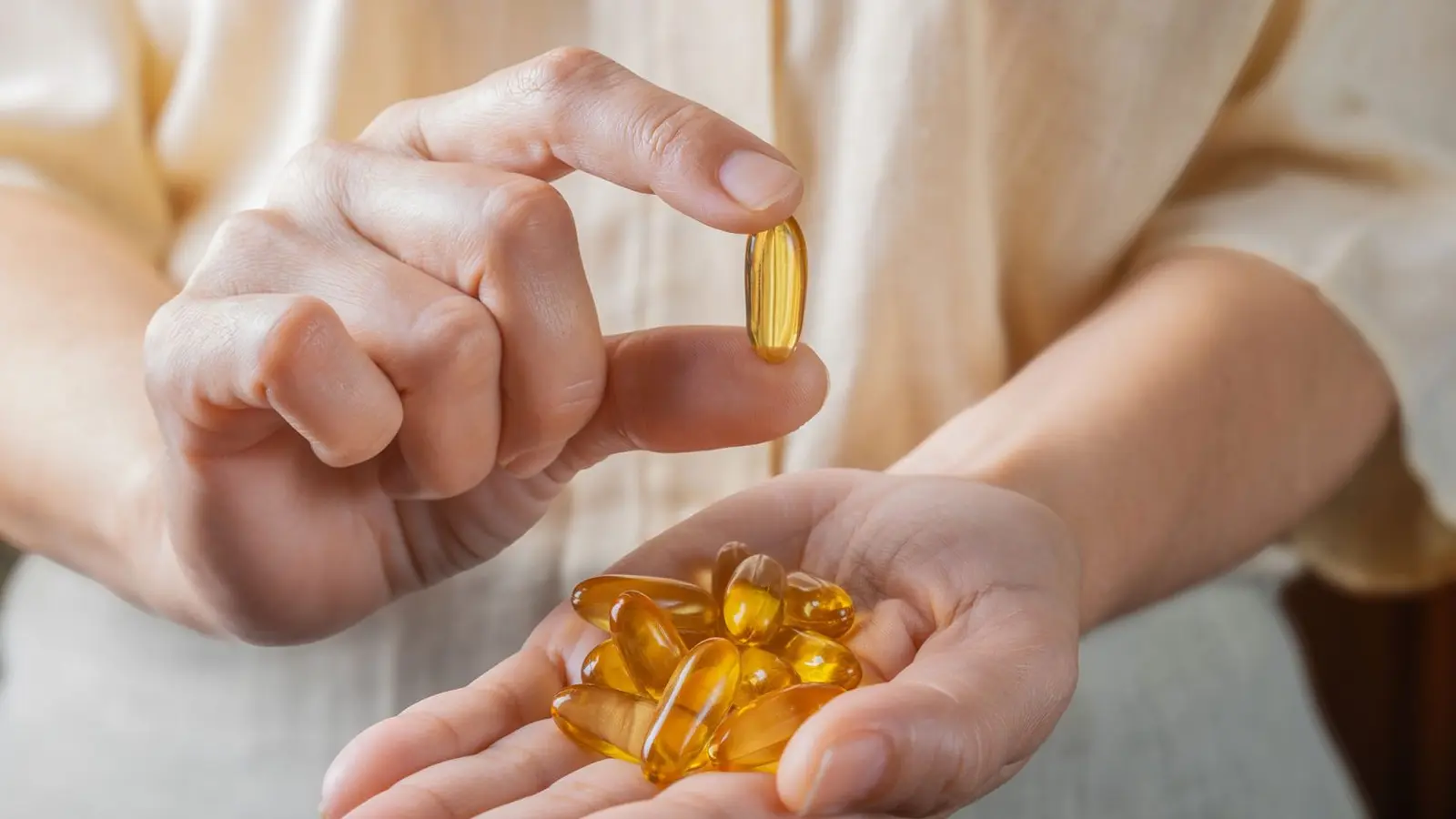5 Minutes
A new study suggests a surprising link between lifestyle and oral disease: combining regular physical exercise with omega-3 supplementation may strengthen immune defenses and reduce damage from chronic apical periodontitis. A recent animal study points to lower inflammation, less bone loss and improved infection control when these two interventions are used together.
A new study in Scientific Reports suggests that combining regular physical exercise with omega-3 supplementation can strengthen the immune system and protect against chronic apical periodontitis.
What is apical periodontitis and why it matters
Apical periodontitis is inflammation at the tip of a tooth root, usually caused when untreated cavities let bacteria penetrate the root canal and reach the tooth apex. That infection can trigger bone loss, persistent inflammation and, ultimately, tooth mobility or loss. Because it can be chronic and painless, many patients don’t know they have it until it worsens or flares during periods of weakened immunity.
Beyond the mouth, apical periodontitis interacts with systemic health. Conditions such as diabetes, metabolic syndrome, atherosclerosis and chronic kidney disease can worsen oral infections — and the chronic inflammation in turn may aggravate those systemic disorders. Understanding how to reduce local inflammation and infection therefore has implications for broader health.

Study design: rats, swimming and omega-3
Researchers induced apical periodontitis in 30 rats to test how exercise and omega-3 fatty acids affect disease progression. The animals were split into three groups: a no-intervention control, a group that did daily swims for 30 days, and a group that combined the same swimming regimen with dietary omega-3 supplementation.
Omega-3s are polyunsaturated fatty acids with known anti-inflammatory properties and documented benefits in chronic inflammatory conditions. Exercise also modulates immune function systemically, and the study tested whether combining the two would yield additive or synergistic benefits for a localized dental infection.
Key findings: less inflammation, less bone loss
Compared with untreated animals, rats that exercised showed systemic improvements and a more regulated local immune response. Critically, the group that received both physical activity and omega-3 supplementation had the best outcomes: slower bacterial spread, reduced bone resorption and more balanced levels of inflammatory signaling molecules.
Immunohistochemical analyses focused on cytokines — small proteins that coordinate immune responses. Interleukin‑17 (IL‑17) and tumor necrosis factor‑alpha (TNF‑α) were measured as markers of inflammatory intensity. Untreated animals had moderate expression of these cytokines; the exercise group had lower expression; and the exercise-plus-omega‑3 group showed the lowest levels.
Bone loss was assessed via micro‑CT imaging and cell counts. Osteoclasts — cells that break down bone — were fewer in exercising animals and least numerous in those also receiving omega‑3s. Micro‑CT scans mirrored these cellular findings: alveolar bone volume loss was significantly reduced in the combined-intervention group.
The study also reported faster fibroblast activity in the combined group. Fibroblasts help rebuild and maintain connective tissue around teeth, so their activity is important for recovery from infection and inflammation.
Why this matters for oral and systemic health
These results add a mechanistic layer to the growing literature that lifestyle factors influence not only cardiovascular and metabolic health but also oral disease resilience. By dampening cytokine-driven inflammation and limiting osteoclast-mediated bone resorption, exercise plus omega‑3s may create a local environment less hospitable to persistent dental infections.
Importantly, the authors emphasize this is an animal study. Translating findings from rats to humans requires clinical trials with larger patient samples. Still, the results align with known benefits of regular physical activity and dietary omega‑3s for inflammation and immune regulation.
Expert Insight
Dr. Ana Paula Fernandes Ribeiro, lead author during her doctoral work, noted that exercise alone produced measurable immune regulation in the model, and that omega‑3s strengthened that effect: “In our experiments, the combination reduced markers of tissue destruction more than exercise by itself,” she said. Rogério de Castilho, the supervising professor, cautioned that chronic apical periodontitis can be silent but progressive, and that immune status can shift the disease from quiet to symptomatic.
Looking ahead, the findings hint at low-cost, accessible adjuncts to dental care: structured physical activity and omega‑3–rich diets (or supplements) could complement clinical treatments to reduce inflammation and preserve bone. Clinical trials in people would be the next step to test dose, timing and real-world efficacy.
For clinicians and patients alike, this study is a reminder that oral health does not exist in isolation: behaviors that improve systemic immunity may also guard the mouth against destructive infections.
Source: scitechdaily
Comments
Armin
Is this even true? Animal study ok, but humans are different. How much fish oil, how long, any side effects... seems premature
bioNix
Whoa, exercise + omega 3 helping tooth infections? That’s wild. Hope they test this in people soon… curious about doses


Leave a Comment